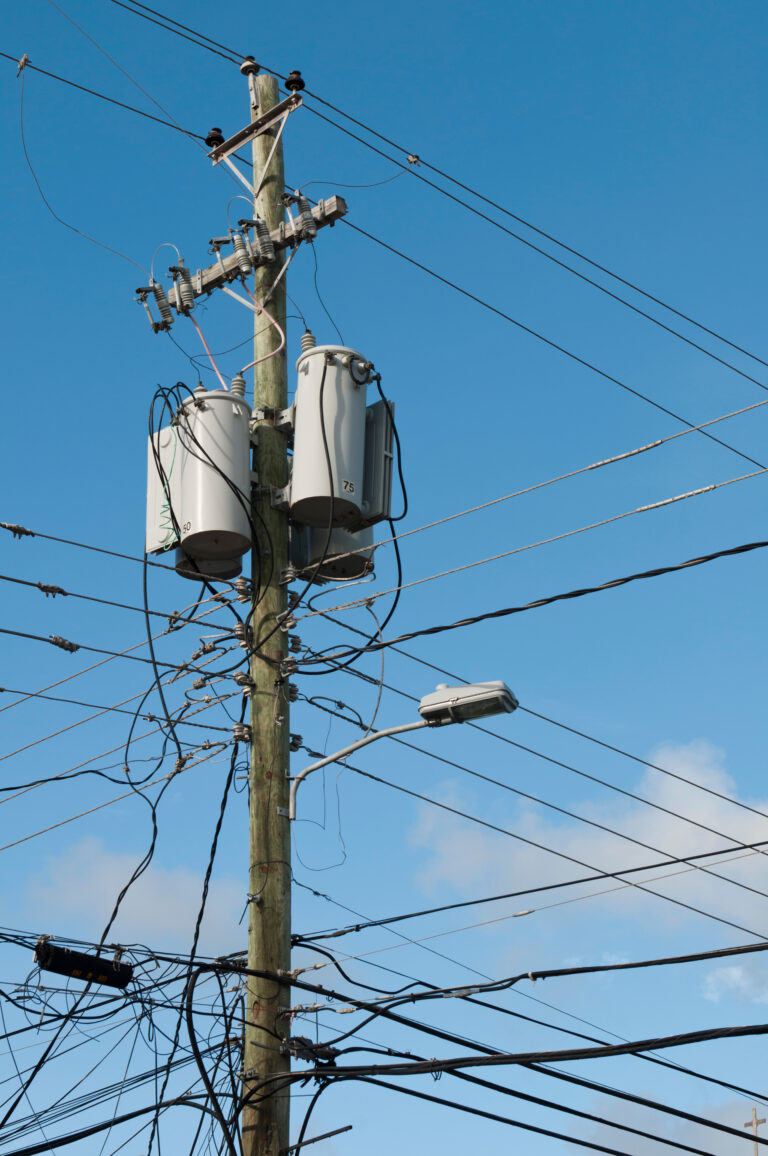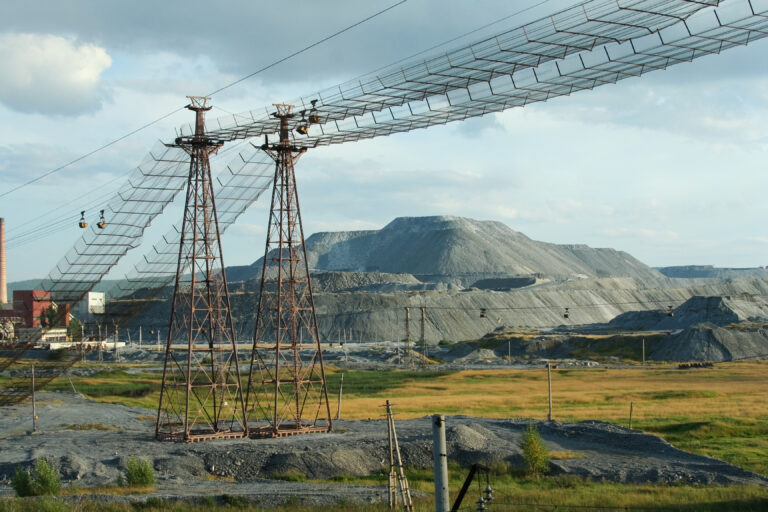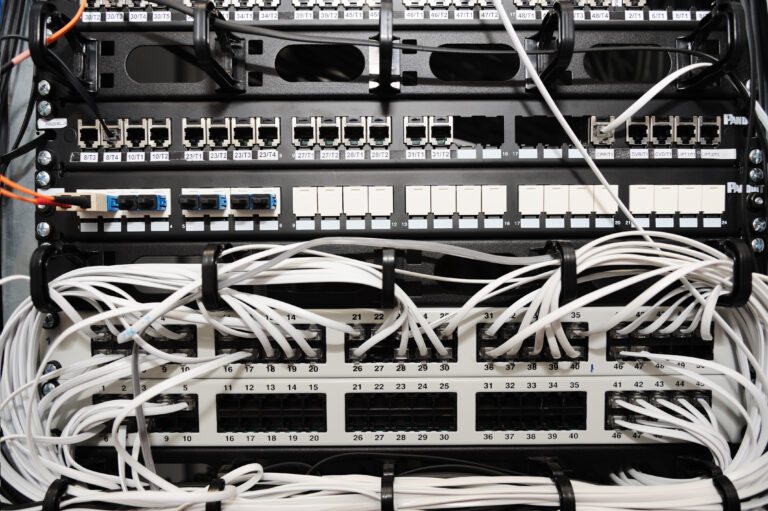The Rise of Remote Work and the Need for Colocation Data Centers
Remote work has become increasingly popular in recent years, with more companies offering flexible working arrangements to their employees. This shift towards remote work has led to a greater need for colocation data centers as businesses look to store their data securely while still having access to it from anywhere in the world. In this blog post, we’ll explore why remote work is on the rise, how less corporate real estate drives the need for colocation data centers, and what the future holds for remote work and colocation data centers.
Introduction to Remote Work and Colocation Data Centers
Remote work refers to any type of work that is done outside of a traditional office setting. It can include working from home, coffee shops, or other locations where an employee can connect to the internet and complete their tasks. With advancements in technology, such as video conferencing software and cloud-based storage solutions, remote work has become easier than ever before.
Colocation data centers are facilities that provide space, power, cooling, and security for servers and networking equipment owned by different organizations. These data centers allow businesses to store their data safely and securely without having to invest in expensive hardware and infrastructure themselves. By using a colocation data center, businesses can also reduce their carbon footprint and save money on energy costs.
The Benefits of Remote Work for Employees and Companies
There are many benefits to remote work for both employers and employees. For employees, remote work offers greater flexibility and autonomy over their schedules. They can avoid long commutes, spend more time with family, and have more control over when they take breaks throughout the day. For employers, remote work can lead to increased productivity, reduced overhead costs, and improved job satisfaction among employees.
How Less Corporate Real Estate Drives the Need for Colocation Data Centers
As more companies embrace remote work, there is a decreased demand for large amounts of corporate real estate. Many businesses are choosing to downsize their offices or move entirely into shared workspaces. This trend has driven the need for colocation data centers as companies look for ways to store their data securely while reducing their physical footprint. By using colocation data centers, businesses can free up valuable office space and reduce their overall cost of ownership.
Conclusion: The Future of Remote Work and Colocation Data Centers
The future of remote work looks bright as more companies continue to adopt flexible working arrangements. As this trend continues, the demand for colocation data centers will only increase. Businesses will need to find innovative ways to store their data securely while still being able to access it quickly and easily from anywhere in the world. At the same time, colocation providers will need to stay ahead of the curve by investing in new technologies and improving their services to meet the growing needs of their customers.






